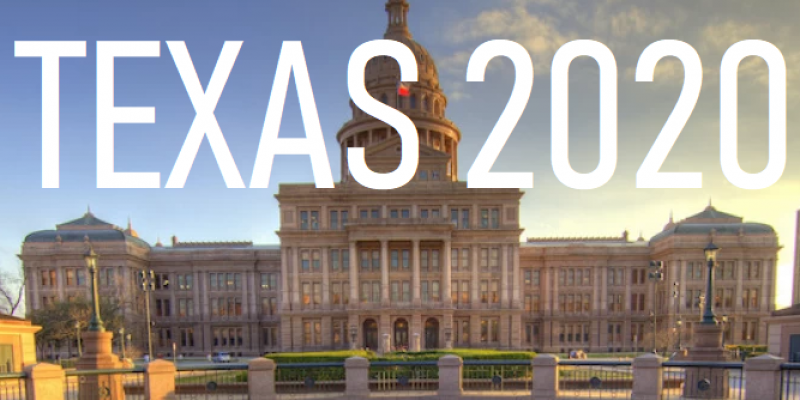Several new laws go into effect Jan. 1 in Texas that address a range of policies including sexual harassment, taxes, bingo and surprise medical bills.
As of Jan. 1, new state law governs how colleges and universities in Texas must handle sexual harassment claims. Senate Bill 212 requires employees of public, private or independent higher education institutions to report allegations of sexual harassment, sexual assault, dating violence or stalking against a student or employee to the institution’s Title IX coordinator.
Any employee who is required to make the report and fails to do so could be charged with a Class B misdemeanor, according to the law. If they attempt to conceal the incident, the charge increases to a Class A misdemeanor. The law also makes it illegal for institutions to discipline or discriminate against an employee (who is not the alleged perpetrator) who in good faith reports the incident and cooperates with an investigation, disciplinary process or judicial proceeding.
Victims of natural disasters in Texas also will have some additional tax relief in 2020. House Bill 492 allows a temporary property tax exemption for a portion of the appraised value of certain properties that were damaged by a governor-declared disaster area. The law states that the tax exemption is effective if a local governing body chooses to adopt it within 60 days of the governor’s disaster declaration.
Bingo players will also experience some tax and fee relief. A new law, initiated by House Bill 914, amends the Bingo Enabling Act by eliminating the five percent prize fee for non-cash prizes valued at more than $5. The bill requires licensed, authorized groups organizing bingo to collect the five percent fee on cash prizes and pay 50 percent of the fees collected to the Texas Commission Lottery on a quarterly basis. Counties and cities can also opt in to receive prize fees.
Individuals filing complaints against nonprofit healthcare groups also will receive more protections in 2020. House Bill 1532 requires nonprofit health organizations to develop anti-retaliation policies for physicians and submit biennial reports to the Texas Medical Board. The bill amended part of the Medical Practice Act, which became effective Sept. 1, 2019. It requires the Texas Medical Board to accept and process complaints against a certified nonprofit health organization the same as it processes complaints against health professionals.
Texans will have greater protections against surprise medical bills. Some of Senate Bill 1264, has already gone into effect. However, by Jan. 1, 2020, the new law requires a “health maintenance organization pay for emergency care performed by non-network physicians or providers in an amount that the organization determines is reasonable for the emergency care.” It prohibits the non-network physician or provider from billing the patient, and states that the patient has no financial responsibility for an amount greater than his/her health plan’s stated financial responsibility, including applicable copayments, coinsurance or deductibles.
This article was first published by The Center Square.
Advertisement
Advertisement

